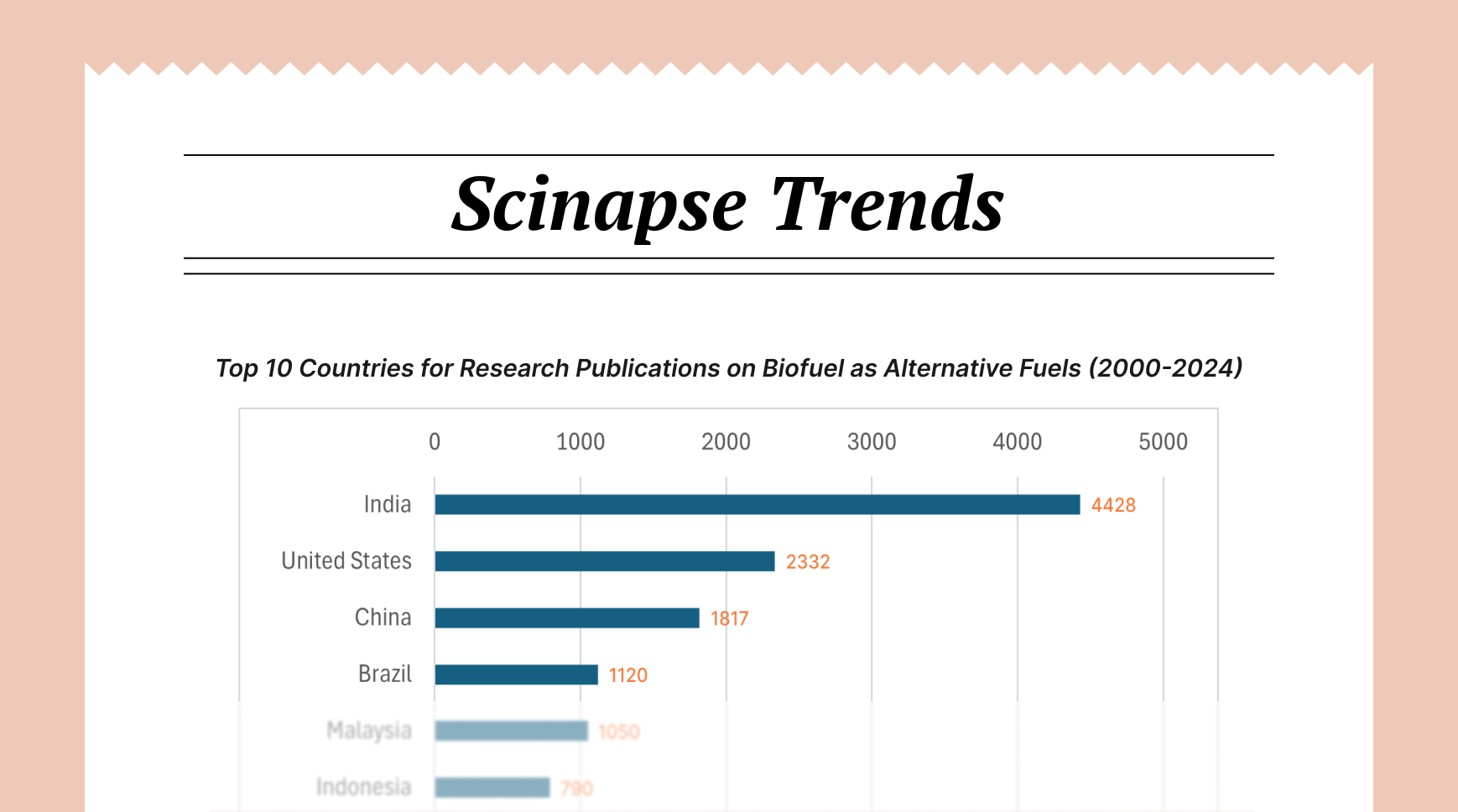Interdisciplinary Research | Understanding, Advantages, Challenges, and Best Ways to Contact Collaborators

What Is Interdisciplinary Research?
Interdisciplinary research is a research methodology that integrates knowledge, theories, and processes from multiple disciplines to address complex challenges that extend beyond single disciplinary boundaries. As global challenges become increasingly interconnected, interdisciplinary research provides crucial frameworks for developing comprehensive solutions.
Understanding Interdisciplinary Research
Conceptual Framework
Interdisciplinary research distinguishes itself from other research approaches through its integrative nature. Unlike multidisciplinary research, which involves parallel work from different disciplines, or transdisciplinary research, which transcends disciplinary boundaries entirely, interdisciplinary research actively combines and synthesizes different disciplinary perspectives. This integration occurs at methodological, theoretical, and practical levels, creating new knowledge frameworks that exceed the sum of their disciplinary parts.
Types and Components
Interdisciplinary research manifests in various forms, including methodological integration, where techniques from different fields combine to create novel research approaches; theoretical integration, which synthesizes conceptual frameworks from multiple disciplines; and problem-focused integration, which addresses complex real-world challenges through multiple disciplinary lenses. The success of interdisciplinary research relies heavily on effective knowledge integration processes, robust collaborative frameworks, and clear communication mechanisms among team members from different disciplines.
Who to Contact for Interdisciplinary Research
1- Field Experts
Use specialized expert finder tools designed to identify and connect with research experts. These tools are programmed with an advanced algorithm-based expert identification system that helps rank experts based on their research impact via publication history analysis, citation impact assessment, h-index, and affiliation.

2- Research Development Offices
University research offices also serve as contact points for interdisciplinary initiatives. They maintain databases of faculty expertise and ongoing research projects. Additionally, they often provide seed funding for interdisciplinary projects
Advantages of Interdisciplinary Research
1- Scientific and Academic Benefits
The primary advantage of interdisciplinary research is its ability to generate innovative solutions and perspectives. Researchers can develop a more comprehensive understanding of complex phenomena by combining methodologies and theoretical frameworks from different disciplines. This integration often leads to breakthrough discoveries that would be impossible within single disciplinary boundaries. For instance, the field of bioinformatics, combining biology and computer science, has revolutionized our understanding of genetic information and disease patterns.
2- Societal Impact
Interdisciplinary research demonstrates particular strength in addressing complex societal challenges. Climate change research exemplifies this benefit, combining insights from environmental science, economics, sociology, and policy studies to develop comprehensive mitigation strategies. Similarly, public health initiatives benefit from integrating medical science with behavioral psychology and social policy, creating more effective interventions.
3- Professional Development
Researchers engaging in interdisciplinary research develop valuable skills beyond their original disciplines. These include enhanced communication abilities, adaptability in thinking, and broader analytical capabilities. Such skills prove increasingly valuable in both academic and professional settings, where complex problem-solving and cross-functional collaboration are highly prized. Additionally, exposure to different methodological approaches enhances researchers' capacity for innovation and creative problem-solving.
Challenges in Interdisciplinary Research
Interdisciplinary research, while offering tremendous potential for innovation and comprehensive problem-solving, faces numerous significant challenges that can impact its effectiveness and success. Understanding these challenges is crucial for researchers, institutions, and funding bodies to develop appropriate strategies and support systems.
1- Communication Challenges
One of the most fundamental challenges in interdisciplinary research lies in communication. Different disciplines often develop their own specialized terminology, jargon, and conceptual frameworks, creating potential barriers to effective collaboration. Researchers from various fields may use the same terms with different meanings or different terms to describe similar concepts. This linguistic complexity can lead to misunderstandings, delays, and potential errors in research execution. Moreover, different disciplines often have distinct communication styles and conventions for presenting research, which can complicate collaborative work and the dissemination of findings.
2- Methodological Integration
Methodological challenges present another significant hurdle in interdisciplinary research. Different disciplines often have distinct research paradigms, standards of evidence, and approaches to data collection and analysis. Integrating these varied methodological approaches can be complex and time-consuming. Researchers must navigate different experimental designs, data collection methods, and analytical frameworks while maintaining scientific rigor and validity. The challenge of combining qualitative and quantitative methodologies, for instance, requires careful consideration of how different types of data can be meaningfully integrated and interpreted.
3- Institutional and Structural Barriers
Traditional academic structures often pose significant challenges to interdisciplinary research. Universities and research institutions are typically organized around discrete disciplines, with departmental boundaries that can impede collaboration. These structural divisions can affect resource allocation, facility sharing, and administrative support. Additionally, funding mechanisms and review processes are often discipline-specific, making it difficult to secure support for interdisciplinary projects that don't fit neatly into traditional categories.
4- Career Development and Professional Recognition
Researchers engaging in interdisciplinary work often face unique career-related challenges. The academic reward system, including tenure and promotion criteria, typically favors traditional disciplinary work. Publishing interdisciplinary research can be more difficult, as many high-impact journals are discipline-specific. Researchers may face longer publication timelines and potentially lower recognition for their work. Early-career researchers, in particular, may find it challenging to establish their expertise and secure career advancement through interdisciplinary work.
5- Cultural and Collaborative Dynamics
Cultural differences between disciplines can create significant challenges in interdisciplinary research. Different fields often have distinct research traditions, work styles, and professional norms. These differences can lead to conflicts in project management, decision-making processes, and research priorities. Power dynamics between disciplines can also affect collaboration, particularly when certain fields are perceived as more prestigious or receive more funding than others.
6- Resource and Technical Challenges
Resource allocation and technical integration present practical challenges in interdisciplinary research. Projects often require sophisticated infrastructure that can accommodate different research methods and data types. Technical challenges include incompatible software systems, different data management requirements, and varying analytical tools. These technical barriers can impede data sharing and integration, crucial aspects of interdisciplinary work.
7- Impact Assessment and Quality Evaluation
Measuring the impact and quality of interdisciplinary research presents unique challenges. Traditional metrics and evaluation criteria may not adequately capture the value of interdisciplinary work. Different disciplines have varying standards for assessing research quality and impact, making it difficult to develop comprehensive evaluation frameworks. Furthermore, the long-term impact of interdisciplinary research may be harder to measure, as benefits often extend beyond traditional academic metrics.
Finally…
Interdisciplinary research represents a powerful approach to addressing complex contemporary challenges. Its benefits extend beyond mere knowledge creation to encompass innovative problem-solving, professional development, and institutional advancement. While measuring its impact presents challenges, emerging frameworks and methodologies offer promising solutions.
To maximize the potential of interdisciplinary research, institutions must continue developing supportive structures and policies. Researchers should be encouraged to cross disciplinary boundaries while maintaining rigorous standards of inquiry. As our understanding of impact measurement evolves, we can better demonstrate and enhance the value of interdisciplinary approaches in advancing knowledge and addressing societal challenges.
Author: Uttkarsha B
- AI-Ethicist and STM Research & Publishing Expert
Never re-search again.
Scinapse is made by researchers for researchers.
Join the next generation of research at ⏯️ https://scinapse.io/
Pluto Labs
Pluto Labs helps researchers focus on their research by improving several inefficiencies in the academic research process. We offer data-driven insights from academic papers, allowing users to easily obtain review-level results for their desired range of papers.
https://pluto.im/





Comments ()